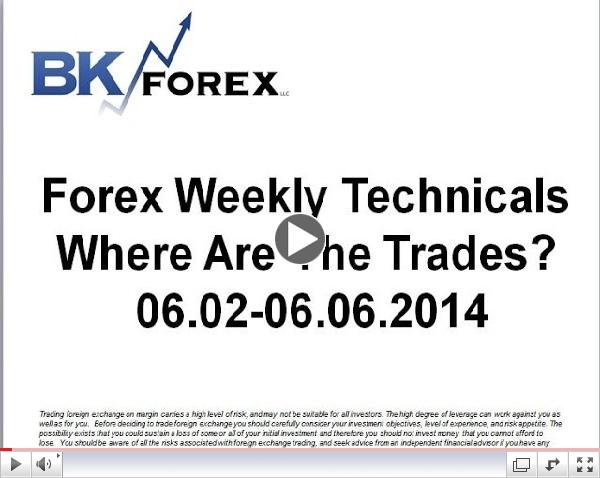Why Analysis Provides Little Value in Trading
When you are a trader you are effectively in the future prediction business and predicting the future in the forex market can be very tough business. Basically there are three elements that you need to get right. You need to understand the news. You need to properly anticipate the market's reaction to that news. You need to make sure that that there are no hidden forces that could undermine your analysis. Let's break these three factors down. "News" as I define it is not simply the latest economic release or a wayward comment from a central banker, but it can also be the price of the underlying as well. For example last year when USD/JPY approached and finally broke the key 100.00 mark that was as much of a "news" event as any pronouncement from the BOJ. The market was so fixated on that number that once given it broke it burst like a dam. Although price itself does not become "news" often, it is a factor and should be part of any good analysis. Properly anticipating the market's reaction becomes a lot easier the more significant the news event is. For example when Mario Draghi hinted that he was ready to go to negative rates the euro lost three big figures in 72 hours. Generally the rule of thumb in forex is -- the more direct the impact of the news event on interest rate policy -- the more persistent the price reaction will be. However, sometimes the obvious trade is not the right one. For example, before the euro took a tumble on Draghi's comments it was remarkably resilient refusing to buckle despite the near recessionary conditions in much of the Eurozone and the threat of geopolitical conflict in Ukraine. Generally in such conditions the dollar gets the bid as investors flee the zone of combat. Instead, the euro rose against all reason. Why? Because of a hidden force that only a few market participants understood. As part of its foreign policy US hit Russia with a series of sanctions that amounted to a financial blockade. That meant that Russian oligarchs that were looking to take their capital to a more secure location were locked out of the US assets and their money flowed directly into the euro. So instead of the greenback becoming a safe haven bid, the euro was the risk aversion choice. Another example of an obvious trade that faces hidden risk is the Great Britain pound. The UK economy is booming. BoE needs to begin to tighten policy and UK should by all measures become the first G-7 economy to raise rates in over five years. So why is the pound falling? In one word -- Scotland. Scotland which represents about 10% of the UK economy wants to secede and is running a referendum on the matter on September 18th. If Scotland spins out from the United Kingdom it will wreak havoc with BoE monetary policy and all bets on rate hikes will be off. As I said predicting the future is a tough business, which is why trading is much more a function of trade management rather than proper analysis. Once you begin to appreciate that fact, being right becomes a lot less important while being not wrong becomes crucial to your success.
 | | Forex Weekly Techs Where Are The Trades? 06.02-06.06.2014 |
|
Tidak ada komentar:
Posting Komentar